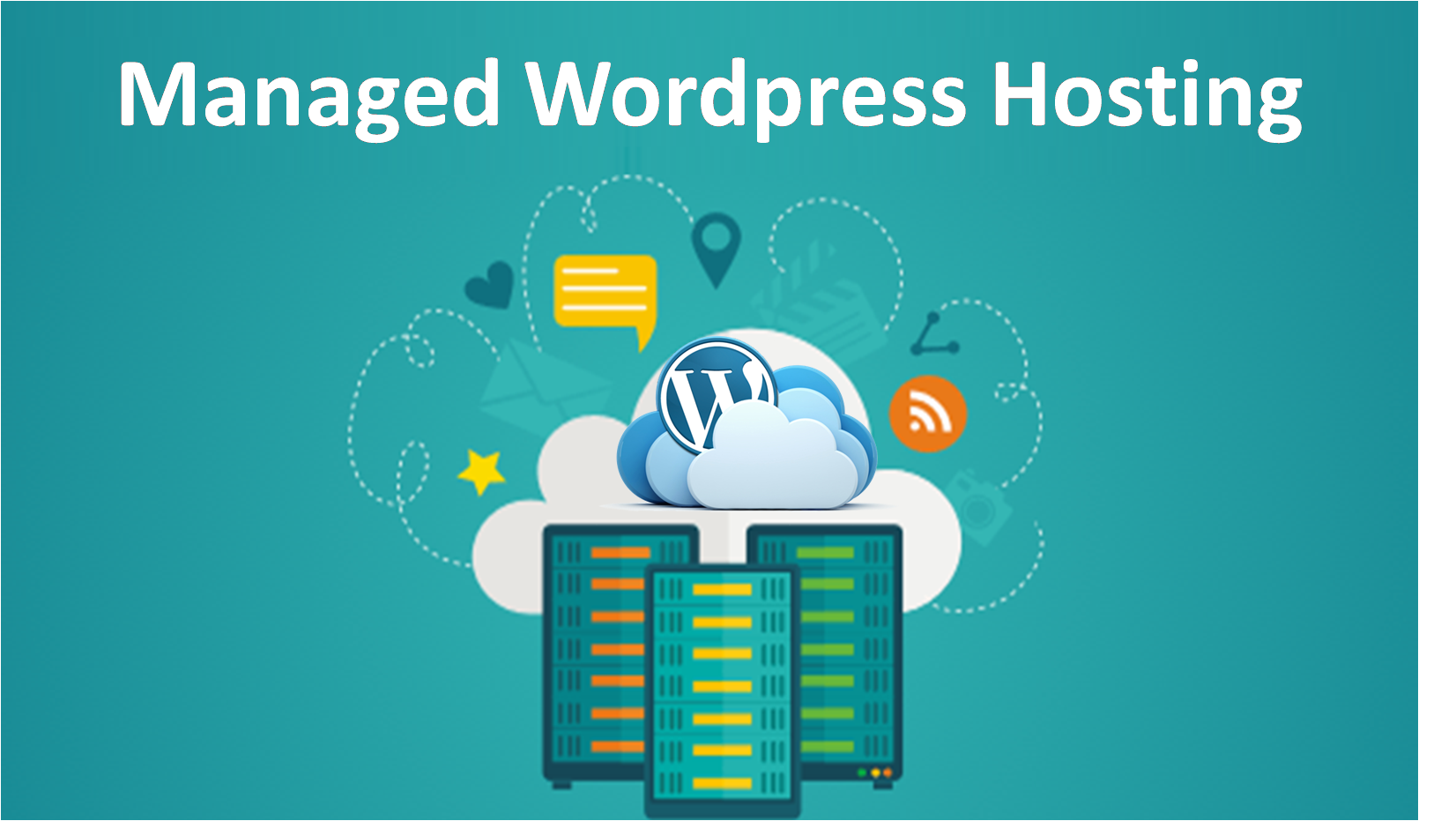Cloud services can be broadly classified into two types – public and private. A private cloud is one which either resides on your intranet or your data center. On the other hand, a public cloud is one where the data is stored in the data center provided by the host. Both private and public clouds have their advantages and disadvantages. However, this article is not about differentiating between them. Today, we are going to talk about Hybrid Cloud and its benefits.
What is a Hybrid Cloud?
In simple words, a Hybrid Cloud is a combination of both public and private cloud. Therefore, there are two data centers involved with an encrypted connection between them to allow a secure flow of information.
Since it a combination of public and private cloud, it offers benefits of both:
Flexibility of resources
Hybrid Cloud allows you to transfer the processes from a private to a public cloud and vice-versa, as required. Hence, you have an on-demand availability of infrastructure.
Security
Hybrid Cloud offers good security for your data. Furthermore, you can quickly deploy applications and services. Imagine a business dealing with huge volumes of data. In a Hybrid Cloud, the business can manage the workload and analyze the data simultaneously by switching between the environments.
Cost-effectiveness
In a Hybrid cloud, you can organize, use and scale applications and data as required. Hence, you end up paying only for the resources used. This makes it a cost-effective option. Let’s look at an example:
A business experiences traffic peaks at certain times during a year. These peaks affect the speed of the website. In such a case, Cloud Hosting services can help the business manage the sudden spikes with ease. However, if the business handles sensitive user information and data, then maybe it would not be comfortable with the data being stored with the host. In such a scenario, a Hybrid cloud works best – the business can store sensitive information in the private cloud while manage traffic loads using the public cloud.
Who Should OptFor It?
The decision of migrating to a Hybrid Cloud depends on many factors:
- Do you have sufficient in-house infrastructure?
- What are the hardware and software functionalities of your business?
- Does your business model require both private and public cloud benefits?
- What is your IT budget?
The answers to questions like these can help you determine if a private, public, or hybrid cloud suits you best.
Summing up
If you decide to move to a Hybrid Cloud, then it is important to ensure that the architecture of your private cloud is compatible with that of the public cloud that you wish to connect to. Hybrid Cloud Services are usually tailor-made to the requirements of a business. Hence, make sure that you are clear about what you expect from the host before deciding to migrate. Hybrid Clouds can make a huge difference for businesses who have a dual requirement for data-security and high-volume usage.









































































You must be logged in to post a comment Login